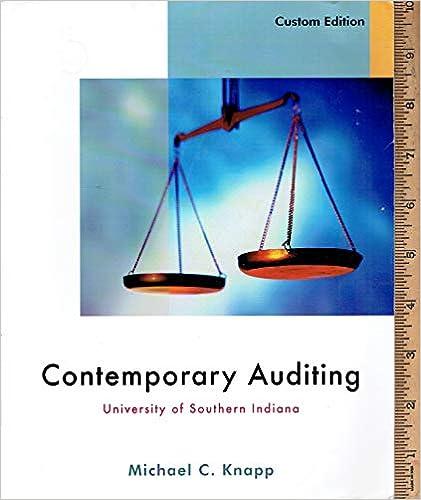8. A company has taken advantage of market conditions to refinance its debt. The company has refinanced part of its debt five times in the last four years. The gain on extinguishment of the debt should be reported in the current year as: (a) Part of continuing operations. (b) An extraordinary gain, net of income taxes. (c) A prior period adjustment. (d) No gain since the company is dealing with its own securities. In substance defeasance, as it relates to long term debt, is: (a) (b) (c) (d) 9. A form of troubled debt restructuring. Long term debt not secured by collateral. The refinancing of debt with similar debt. The retirement of debt in substance, but not form. On October 1, 20X0, Belfast Corporation informed Dublin Company that it would be unable to repay its $150,000 note payable due on November 1, 20x0. Dublin agreed to accept title to equipment in full payment of the note. he equipment's carrying value was S175,000 and its fair market value was $135,000, Belfast's income tax rate is 40%. What amounts should Belfast report on its income statement dated December 31, 20XO, as gains or losses and how should the gains or losses be classified? (a) $40,000 ordinary loss and $9,000 extraordinary gain. (b) $15,000 ordinary gain. (c) $40,000 ordinary loss and $15,000 extraordinary gain. (d) $40,000 ordinary loss and $15,000 ordinary gain. 10. The preemptive right of shareholders is the right to: (a) 11. (b) (c) (d) Purchase shares of stock on a proportionate basis when any new stock issues are offered for sale. Share equally in dividend distributions. Participate in the management of the corporation. Share in the distribution of assets on liquidation of the corporation. 12. Gains and losses on the purchase and resale of common treasury stock should be reflected in the financial statements as: (a) Gains and losses on the income statement. (b) Unrealized gains and losses on the balance sheet as a reduction of stockholders' equity Additions to or reductions of additional paid in capital accounts or retained earnings Additions to or reductions of the common stock account. (c) (d)







